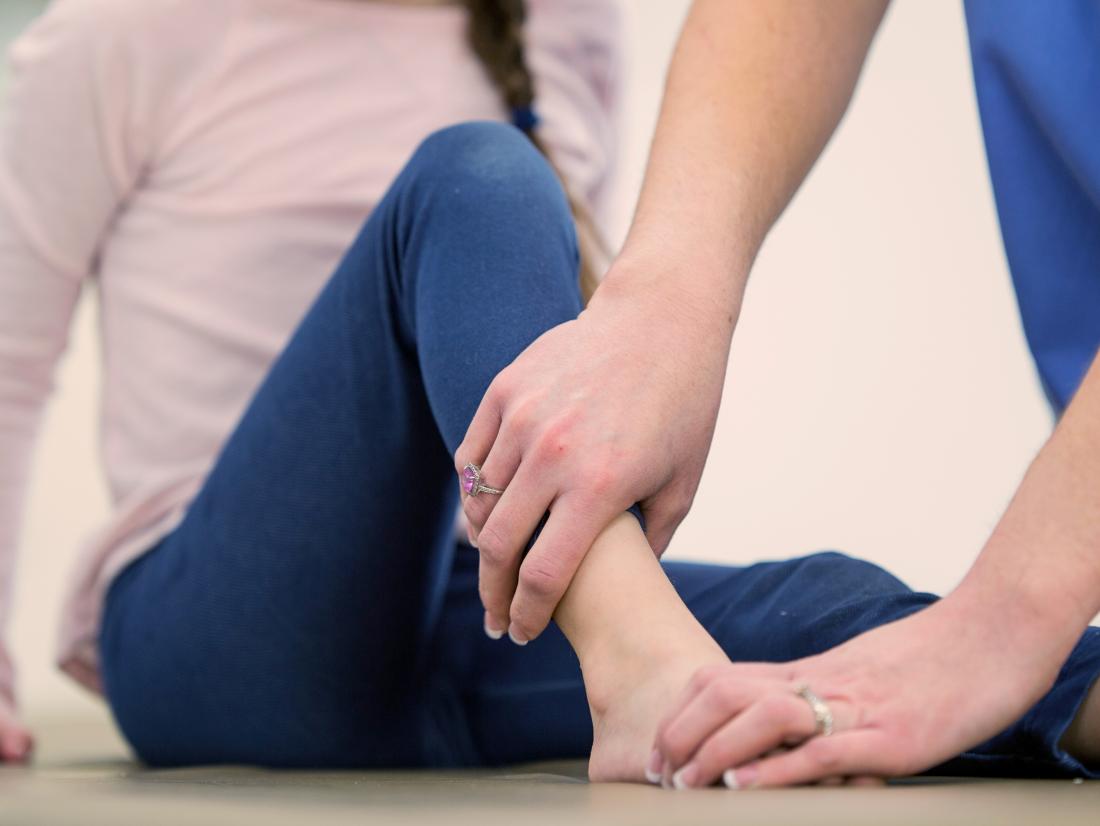Sarcomas usually involve a multi-modality form of treatment. Patients suffering from Osteosarcoma/ Ewing’s sarcoma have to undergo chemotherapy, followed by surgery/ radiotherapy as part of local treatment followed again by adjuvant/ mop-up chemotherapy.
A tumour board approach for all sarcoma patients forms an integral part of management for such patients. The medical oncologist, the radiologist, pathologist, radiotherapist and the Orthopaedic Oncosurgeon all form a collective decision in the best interest of the patient as per evidence available from all major cancer centres and then convey the decision to the family.
Treatment for bone sarcomas like osteosarcoma can last from 9 months to more than a year depending upon what regime of chemotherapy is given. Battling the unwanted side effects although minimal these days with availability of good chemotherapy drugs can be challenging for the family. Maintaining a positive attitude and keeping the child motivated from not only the treating doctors’ team but also from the family does a world of good for such patients.
Counsellors also form an integral part of the team treating such patients, provide psychological support to the patient, family and vocational support/options and can make the family members aware of various means (Governmental or NGO’S) which can financially support them in times of need.
Nowadays Limb Salvage surgery can be offered to almost 90 to 95% of the patients. Till 1970’s amputation/ cutting of limb and getting rid of the tumour was the norm causing a lot of morbidity and mortality dur to non-availability of disease specific chemotherapy drugs.
Also, lot of biological options are now available for reconstructing these defects. Use of autografts like vascularized/ non-vascularized fibulae and allografts at places where availability of bone banks is there is also a good option.
The latest in the domain of orthopaedic oncosurgery is the use of Recycled Autografts. The tumour bearing bone is resected out at the time of surgery, stripped off all the tumour on a separate trolley in the OT and sent in a sterile fashion for sterilization in the radiation facility of the cancer centre for approximately 30 minutes. The sterilized bone is got back to the OT and re-implanted back in the patient with help of routine orthopaedic fixation devices like plates and nails.
Biological reconstruction once incorporated and fully united forms a long-lasting form of reconstruction with excellent functional results in long term survivors. Another method of sterilization of the tumour bearing autograft is the use of Liquid Nitrogen/ cryotherapy. The advantage with this option is that it can be performed in the OT itself and with better union times.
Comments are closed.







